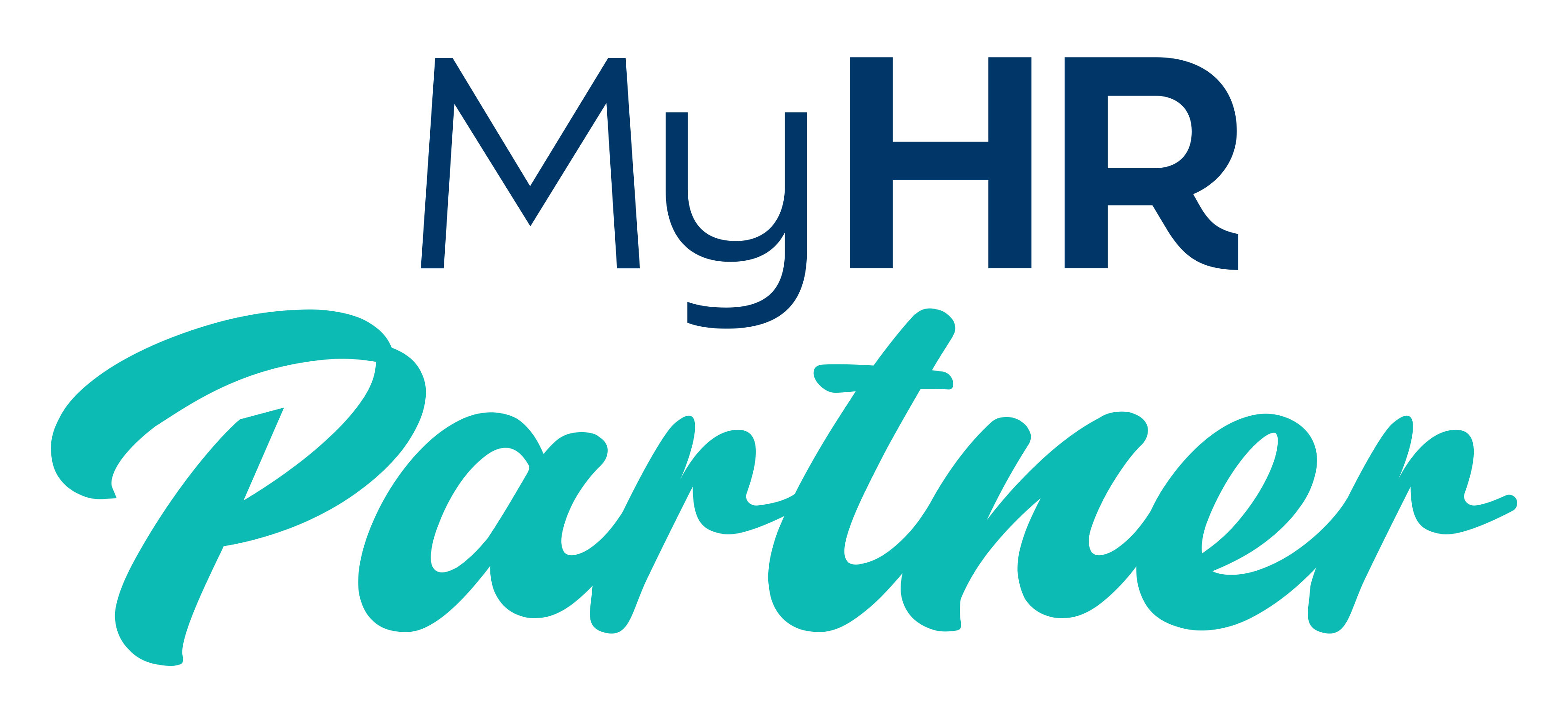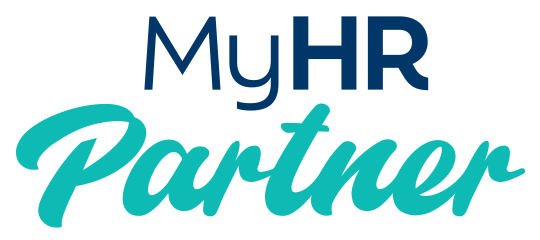Unlocking the Power of Human Resources: Welcome to Our Blog!
Discover HR updates, the latest trends, best practices, and innovative strategies shaping the world of Human Resources in Australia. From talent acquisition to employee engagement, we delve into the intricacies of HR management to empower organisations.
Let's navigate the dynamic landscape of HR together.

Podcast episode 12: Navigating Conflict Resolution and Mediation in the Workplace
Conflict resolution and mediation are vital components of any workplace dynamic, yet they are often overlooked until an issue arises. In this blog post, we delve into the importance of having a strategy in place for handling conflicts effectively, before they escalate into more serious problems.
Understanding the Significance of Managing Conflict in the Workplace:
Conflict in the workplace is inevitable, given the diverse personalities and perspectives that coexist within an organisation. However, the way conflicts are managed can significantly impact employee morale, productivity, and overall company culture.
The importance of addressing conflicts promptly and efficiently can’t be understated. While most people hate conflict and many people shy away from conflict, delaying resolution of a workplace issue can exacerbate the situation.
Establishing a Conflict Resolution Strategy:
Having a well-defined conflict resolution strategy is essential for fostering a harmonious work environment. This strategy often begins with clear policies and procedures outlined in the company HR Policy Handbook, such as a grievance policy.
Encouraging open communication and providing employees with avenues to address their concerns informally can prevent minor conflicts from escalating. The initial step ideally should involve individuals attempting to resolve issues directly with the parties involved.
Common Types of Conflicts:
Conflicts in the workplace can manifest in various forms, ranging from personality clashes to allegations of bullying, harassment or discrimination. While some conflicts may be resolved through open dialogue and understanding, others may require more formal intervention.
Mediation: A Path to Resolution
Mediation serves as a structured approach to resolving conflicts, involving a neutral third party facilitating discussions between conflicting parties. Voluntary participation in mediation is really important for it to be effective, otherwise sometimes an attempt at mediation can make things worse.
When to Seek Professional Mediation:
In cases where conflicts are complex or individuals are unwilling to participate in mediation, seeking the expertise of professional mediators becomes crucial. These professionals possess the skills and experience to navigate challenging situations and facilitate productive dialogue. They will also advise when they think that mediation is not practical.
Ensuring Fairness and Accountability:
During the mediation process, maintaining fairness and accountability is paramount. Clear communication of the mediation process, allowing breaks if needed, providing participants with a clear idea of what to expect and also providing follow-up support are essential elements for achieving a balanced outcome.
Differentiating Conflict Resolution from Misconduct:
It’s crucial to distinguish between conflicts that warrant mediation and situations involving misconduct, such as bullying, harassment or discrimination. Careful consideration and possibly seeking legal counsel for more serious allegations is something that should be considered when there are serious reports of misconduct and these types of complaints are normally not the type of issue that would be mediated. Reports of misconduct or poor performance will usually be investigated and action taken.
Seeking HR Advice and Support:
We provide personalised HR advisory services, where individuals can receive guidance on conflict resolution, mediation, and navigating workplace challenges effectively.
Conflict resolution and mediation are integral aspects of fostering a healthy and productive work environment. By implementing proactive strategies and seeking professional guidance when needed, organisations can address conflicts constructively and uphold a positive workplace culture.

Karen Hillen
Tapping into more than 30 years’ experience in Human Resources, staffing & payroll, Karen loves helping you get the best out of your people while providing you, the business owner, with peace of mind.
Our Latest Blog Post

Podcast episode 12: Navigating Conflict Resolution and Mediation in the Workplace
Conflict resolution and mediation are vital components of any workplace dynamic, yet they are often overlooked until an issue arises. In this blog post, we delve into the importance of having a strategy in place for handling conflicts effectively, before they escalate into more serious problems.
Understanding the Significance of Managing Conflict in the Workplace:
Conflict in the workplace is inevitable, given the diverse personalities and perspectives that coexist within an organisation. However, the way conflicts are managed can significantly impact employee morale, productivity, and overall company culture.
The importance of addressing conflicts promptly and efficiently can’t be understated. While most people hate conflict and many people shy away from conflict, delaying resolution of a workplace issue can exacerbate the situation.
Establishing a Conflict Resolution Strategy:
Having a well-defined conflict resolution strategy is essential for fostering a harmonious work environment. This strategy often begins with clear policies and procedures outlined in the company HR Policy Handbook, such as a grievance policy.
Encouraging open communication and providing employees with avenues to address their concerns informally can prevent minor conflicts from escalating. The initial step ideally should involve individuals attempting to resolve issues directly with the parties involved.
Common Types of Conflicts:
Conflicts in the workplace can manifest in various forms, ranging from personality clashes to allegations of bullying, harassment or discrimination. While some conflicts may be resolved through open dialogue and understanding, others may require more formal intervention.
Mediation: A Path to Resolution
Mediation serves as a structured approach to resolving conflicts, involving a neutral third party facilitating discussions between conflicting parties. Voluntary participation in mediation is really important for it to be effective, otherwise sometimes an attempt at mediation can make things worse.
When to Seek Professional Mediation:
In cases where conflicts are complex or individuals are unwilling to participate in mediation, seeking the expertise of professional mediators becomes crucial. These professionals possess the skills and experience to navigate challenging situations and facilitate productive dialogue. They will also advise when they think that mediation is not practical.
Ensuring Fairness and Accountability:
During the mediation process, maintaining fairness and accountability is paramount. Clear communication of the mediation process, allowing breaks if needed, providing participants with a clear idea of what to expect and also providing follow-up support are essential elements for achieving a balanced outcome.
Differentiating Conflict Resolution from Misconduct:
It’s crucial to distinguish between conflicts that warrant mediation and situations involving misconduct, such as bullying, harassment or discrimination. Careful consideration and possibly seeking legal counsel for more serious allegations is something that should be considered when there are serious reports of misconduct and these types of complaints are normally not the type of issue that would be mediated. Reports of misconduct or poor performance will usually be investigated and action taken.
Seeking HR Advice and Support:
We provide personalised HR advisory services, where individuals can receive guidance on conflict resolution, mediation, and navigating workplace challenges effectively.
Conflict resolution and mediation are integral aspects of fostering a healthy and productive work environment. By implementing proactive strategies and seeking professional guidance when needed, organisations can address conflicts constructively and uphold a positive workplace culture.

Karen Hillen
Tapping into more than 30 years’ experience in Human Resources, staffing & payroll, Karen loves helping you get the best out of your people while providing you, the business owner, with peace of mind.
We provide HR advice and support. We have trusted partners to assist with any employment law issues
outside of our scope.
More info
Our Latest Blog Post

Podcast episode 12: Navigating Conflict Resolution and Mediation in the Workplace
Conflict resolution and mediation are vital components of any workplace dynamic, yet they are often overlooked until an issue arises. In this blog post, we delve into the importance of having a strategy in place for handling conflicts effectively, before they escalate into more serious problems.
Understanding the Significance of Managing Conflict in the Workplace:
Conflict in the workplace is inevitable, given the diverse personalities and perspectives that coexist within an organisation. However, the way conflicts are managed can significantly impact employee morale, productivity, and overall company culture.
The importance of addressing conflicts promptly and efficiently can’t be understated. While most people hate conflict and many people shy away from conflict, delaying resolution of a workplace issue can exacerbate the situation.
Establishing a Conflict Resolution Strategy:
Having a well-defined conflict resolution strategy is essential for fostering a harmonious work environment. This strategy often begins with clear policies and procedures outlined in the company HR Policy Handbook, such as a grievance policy.
Encouraging open communication and providing employees with avenues to address their concerns informally can prevent minor conflicts from escalating. The initial step ideally should involve individuals attempting to resolve issues directly with the parties involved.
Common Types of Conflicts:
Conflicts in the workplace can manifest in various forms, ranging from personality clashes to allegations of bullying, harassment or discrimination. While some conflicts may be resolved through open dialogue and understanding, others may require more formal intervention.
Mediation: A Path to Resolution
Mediation serves as a structured approach to resolving conflicts, involving a neutral third party facilitating discussions between conflicting parties. Voluntary participation in mediation is really important for it to be effective, otherwise sometimes an attempt at mediation can make things worse.
When to Seek Professional Mediation:
In cases where conflicts are complex or individuals are unwilling to participate in mediation, seeking the expertise of professional mediators becomes crucial. These professionals possess the skills and experience to navigate challenging situations and facilitate productive dialogue. They will also advise when they think that mediation is not practical.
Ensuring Fairness and Accountability:
During the mediation process, maintaining fairness and accountability is paramount. Clear communication of the mediation process, allowing breaks if needed, providing participants with a clear idea of what to expect and also providing follow-up support are essential elements for achieving a balanced outcome.
Differentiating Conflict Resolution from Misconduct:
It’s crucial to distinguish between conflicts that warrant mediation and situations involving misconduct, such as bullying, harassment or discrimination. Careful consideration and possibly seeking legal counsel for more serious allegations is something that should be considered when there are serious reports of misconduct and these types of complaints are normally not the type of issue that would be mediated. Reports of misconduct or poor performance will usually be investigated and action taken.
Seeking HR Advice and Support:
We provide personalised HR advisory services, where individuals can receive guidance on conflict resolution, mediation, and navigating workplace challenges effectively.
Conflict resolution and mediation are integral aspects of fostering a healthy and productive work environment. By implementing proactive strategies and seeking professional guidance when needed, organisations can address conflicts constructively and uphold a positive workplace culture.

Karen Hillen
Tapping into more than 30 years’ experience in Human Resources, staffing & payroll, Karen loves helping you get the best out of your people while providing you, the business owner, with peace of mind.
We provide HR advice and support.
We have trusted partners to assist with
any employment law issues outside
of our scope.
More info
PO Box 1079
Coolangatta QLD 4225
ABN 30 644 527 015







